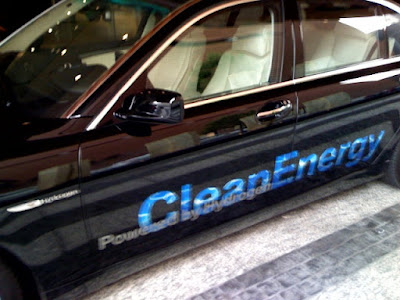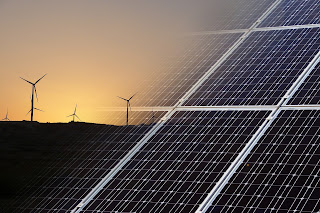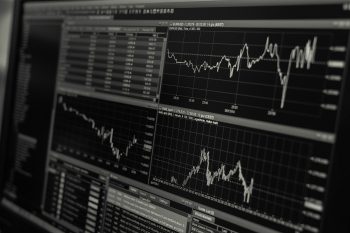RENEWABLES: Understanding the Carbon Footprint of Clean Hydrogen – WEF on GEO´
GEÓ NewsTeam 1 year ago- Global efforts are underway to scale up the production, storage and use of hydrogen as a clean fuel.
- Despite emerging regulatory frameworks, challenges remain around the carbon intensity of hydrogen.
- Recent data from the National Renewable Energy Laboratory was used to calculate the indicative carbon footprint of green hydrogen production.
Author
-

Broadcasting Daily from Gibraltar Newsroom our dedicated desk editors and newsdesk team of Professional Journalists and Staff Writers work hand in hand with our established network of highly respected Correspondents & regional/sector specialist Analysts strategically located around the Globe (HUMINT) Our individual Desk Editors all have specific subject authority as Journalists, Researchers and Analysts covering AI, Autonomous Transport, Banking & Finance Technology, Cybersecurity, GeoCrime, Defence 3.0, Energy & Renewables, BioEconomy and Transport & Logistics. Contact the NewsTeam at [email protected]
View all posts









